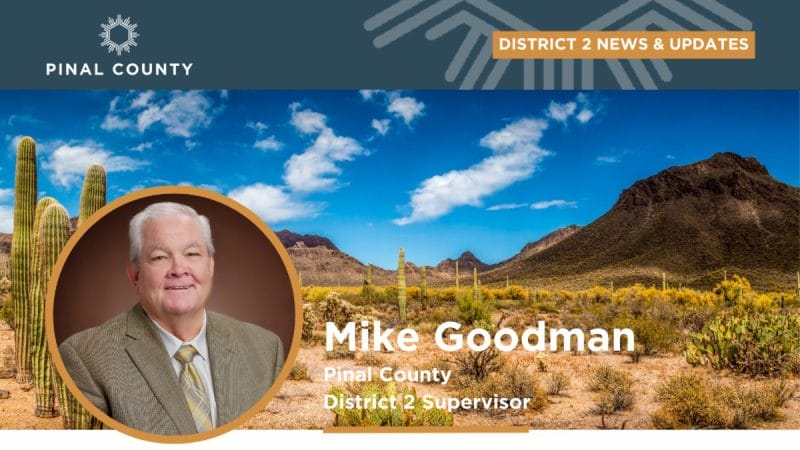Whether he makes it to the Senate, the Masters campaign represents the aspirations of a new generation of the young right that looks decidedly different from what came before. | POLITICO illustration / Getty Images, iStock
Why the online far-right has adopted Blake Masters, the 36-year-old Arizona Senate candidate.
By DEREK ROBERTSON | POLITICO
Buried deep in a recent story about Arizona Republican Senate candidate Blake Masters is a particularly revealing comment from one of Masters’ supporters, posted on an exclusive Discord chat: “How can one man be so based?”
The uninitiated reader might be forgiven for asking: “Based on what?” The word, a slang term with origins in hip-hop culture, has been adopted in recent years by the extremely online far right to basically mean “anything that owns the libs” — the more openly racist, misogynistic or politically incorrect the better. (The commenter was responding to a podcast appearance in which Masters attributed America’s gun violence problem to “Black people, frankly.”)
The right has been pursuing new and exotic methods by which to rhetorically offend liberals since before the Internet existed. But Masters embodies a particularly modern, novel version of this phenomenon more than any other politician — and it’s made him the darling of the extremely-online right that embraced Donald Trump early and enthusiastically, with their masculinity-obsessed, reflexively anti-institutional, will-to-power view of politics.
The key difference between the two: Trump, a septuagenarian reality TV star with an endless arsenal of meme-able personal tics and a total unwillingness (or inability) to experience shame, was a source of fun and an ironic avatar for those young voters. Masters, a millennial message-board addict with an awkward personal affect that sharply contrasts with his macho posturing, is those voters.
The New York Times reported last month on his long track record of message board posting, including a brand of incoherent, quasi-libertarian edgelord-ism (conspiracies about the Rothschilds, anyone?) that will be familiar to anyone who’s spent even a modest amount of time in the forum trenches. His campaign materials feature the new-right’s trademark aesthetic mash-up of garish neon retro-futurism and moody, backward-looking pastoral imagery. He and his mentor, Peter Thiel, are fixated on the far-right pet project of “dismantling the administrative state,” and his website adds some variety to the usual menu of promises to end “wokeness” and abortion with a pro-Bitcoin plank, which asserts “Bitcoin is the hardest money around — and hard money keeps government honest.” It’s all part of the year-zero, root-and-branch upheaval of American civic life that excites serious proponents of the movement and terrifies wary liberals.
Keeping tabs on the websites that were ground zero for Trump’s embrace by this crowd, like 4chan — which is ephemeral by design, with posts deleted automatically to make room for new content — is a challenge, but even a cursory search finds plenty of evidence that Masters is “their guy.” “God I hope Masters wins,” reads one post, sitting placidly in a stream of racial slurs and debates over abortion. “I’m a huge fan of Blake Masters too. I wish my state had candidates like them,” reads another. One comment, laced with slurs, describes having attended a Masters event and being surprised at its lack of security, with a not-exactly-veiled suggestion that violence at a similar Democratic event would be easy to perpetrate.








